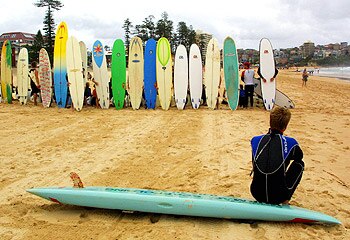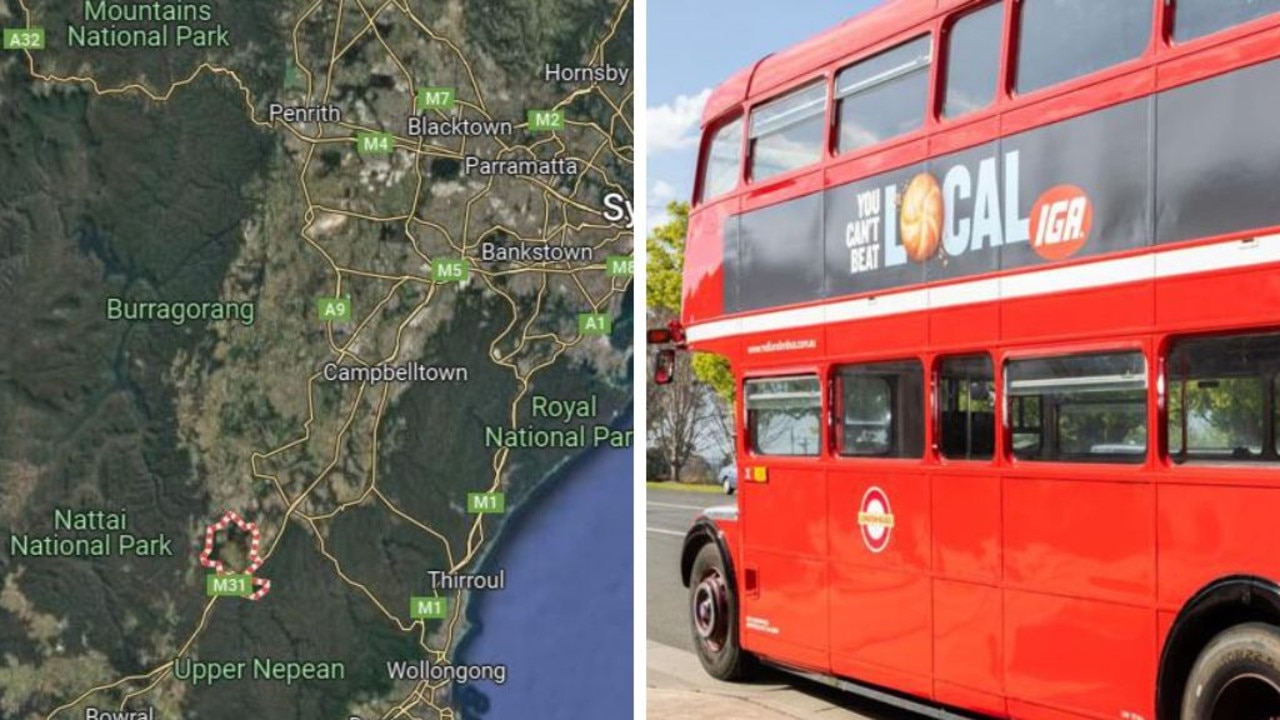Manly life's a beach
SYDNEY's Manly typifies Australian beach culture but the seaside suburb's restaurants are as big a drawcard as the much-loved sun, sand and surf.

FOUR decades ago, 70,000 people descended on a sleepy beach suburb in Sydney for the first world surfing contest.
At the time, Manly on the north side of Sydney was considered an odd choice, especially given Bondi's fame as the home of Australian beach culture.
The 1964 event gained worldwide attention and by the time local favourite Bernard "Midget" Farrelly lifted the trophy, Manly beach had become synonymous with the romantic surf image of the time.
Times have changed, as it does everywhere, but today the surf culture remains as strong as ever. Mop-haired teenagers still run barefoot with their boards through the famous pedestrian area, the Corso, and it seems everyone who lives in, or visits, Manly has some sort of connection with the surf.
Grannies on bodyboards, girls on mini-mals, Asian tourists on big blue beginners' boards – the surf culture of Manly has developed way beyond the bronzed blokey image of the 1960s.
Seven-times women's world surfing champion Layne Beachley is one famous local, and she says she wouldn't live anywhere else.
"I grew up surfing just off Manly Point in front of Manly Surf Club, so that's the place I'm most familiar with and will always call my home break," she says.
"Why do I like Manly so much? The people, the environment, the location, the atmosphere, the great cafes and restaurants, the variety of activities on offer, and the surf, of course."
On the rare occasions she gets to head home from the world tour, she is happy just to relax and do what other locals do.
"I love to be able to visit my Dad, hang out at the beachfront cafes and restaurants and maybe catch a ferry to the city," she says. "I feel very at home in Manly and nothing can take that away from me."
Set on a peninsula with surf beaches on one side and Sydney Harbour on the other, Manly is a 30-minute ferry ride, or 15 minutes on a jetcat, from Circular Quay in the Sydney CBD. Since it was first set up as a resort in the late 1800s, its catchphrase has been "Seven miles from Sydney, 1000 miles from care".
That mantra causes locals to cringe a little these days, as does its tourism label as the jewel of Sydney's northern beaches, but it does highlight Manly's laissez-faire attitude.
It's a self-contained community-resort area which has also earned another nickname – "the insular peninsula" – because many locals have little interest in the outside world.
Visitors also embrace its charm, which is not limited to sun, sea, sand and surf. Thanks largely to its connection to Sydney by ferry and jetcat, Manly's cafe and restaurant scene is almost as big a drawcard as its 18 ocean and harbour beaches.
Some big-name restaurateurs have spotted the potential, with the likes of Will and Tobys at the Sebel Manly opening its doors in recent months to great acclaim for brothers Will and Toby Osmond.
And Garfish has opened its third restaurant in Manly to confirm the area's transformation from a fish and chips location to a place where you can experience true fine dining.
And for a good local option, especially for brunch or lunch, the Cafe Steyne is a fun and lively joint right across from the beach next door to the Sebel with great food.
The bar scene is also evolving at a rapid pace and the Manly Wharf Hotel is a favourite with locals and visitors with its absolute harbourfront location, and fantastic outside deck areas with couches and lounge chairs to sink down into.
The Wharf has set something of a benchmark, and hot on its heels the Steyne Hotel recently opened the View Bar to maximise its fantastic views of Manly surf beach.
The most recent addition to the Manly bar scene is the Shore Club – it's heavily into a maritime theme and is funky yet sophisticated. Set out over three levels right on the main surf beach, it's a casual sit-down type of place during the day and gets rowdier and more outrageous at night.
The best part is that everything is within staggering distance – the beach, the restaurants, the bars – and it's why most visitors feel like locals even after just a day or two.



